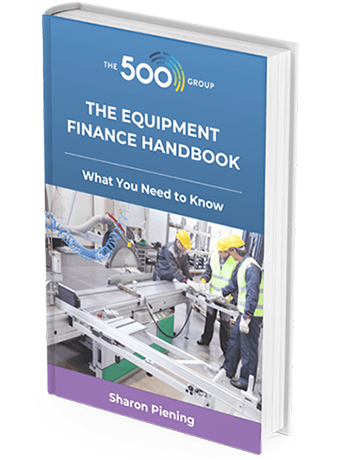
When you seek to borrow money your credit score is important!
Your credit score is one of the key considerations used by Lenders to decide whether they should lend you money, on what terms and at what rate.
It is a valuable asset, that needs to be monitored and protected.
What is included in your Credit Score?
If you have borrowed money or sought credit, you will have a credit score.
This not only applies to business borrowings, home finance, motor vehicles, credit cards but also extends to things like mobile phone plans, trade terms etc.
Since the full introduction of Comprehensive Credit Reporting in 2019, and Open Banking in 2020, your credit score is a combination of both positive and negative account conduct.
It means borrowers with a good repayment history are more attractive to Lenders, as they move increasingly towards pricing for risk.
Credit Scores differ slightly between the different Credit Agencies but rank from low to excellent.
Someone with a low score is likely to find it harder to access finance and/or it may be at a higher price. The opposite is likely to apply to someone with a higher score.
Your Credit Score – Both Positive & Negative
Historically credit scores focused more on negative events such as:
- Late or missed payments
- Events of default
- Current or previous bankruptcy
- Successful court actions taken against you
- The number of times you sought credit (refer below)
- The Lender/credit provider details
However, since the full introduction of Comprehensive Credit Reporting in 2019 Banks will now also share information on:
- When an account was opened & closed
- The type of credit
- Credit limits
- Monthly repayment history for the past two years
How You Can Check Your Credit Score
You can obtain a free Credit Report from one of the Licensed Australian Credit Agencies below:
You can also obtain a Business Credit Report from Equifax for a small fee
What to Do if Your Credit Score is Incorrect
If you find the information held by the Credit Agencies is incorrect, you can contact the Agency, and/or the Lender to dispute and request that it be changed/fixed.
A good explanation as to what can and can’t be changed and how to go about it can be found on the Money Smart website.
Avoid This Critical Mistake!
One factor that can influence your credit rating is the number of enquiries the Credit Agency receives about borrowers from Lenders.
Often, we see individuals and/or business owners looking to borrow money, seeking quotes from different Lenders. The reason for this is natural, to try and get a sense of potential price, terms, and conditions available.
However, the downside is, a lot of enquiries may adversely affect your credit rating!
As a Finance Broker, I understand the importance of protecting credit ratings and because I have access to a wide panel of Lenders, I can provide quotes without the risk of negatively impacting a client’s credit rating.
Summary
As financing moves more towards pricing for risk, monitoring your credit score is increasingly important for both consumers and business owners.
As stated at the outset, your credit score is a valuable asset that needs to be protected.
If you would like to learn more, or are seeking to access highly competitive finance quotes, don’t hesitate to get in touch




















